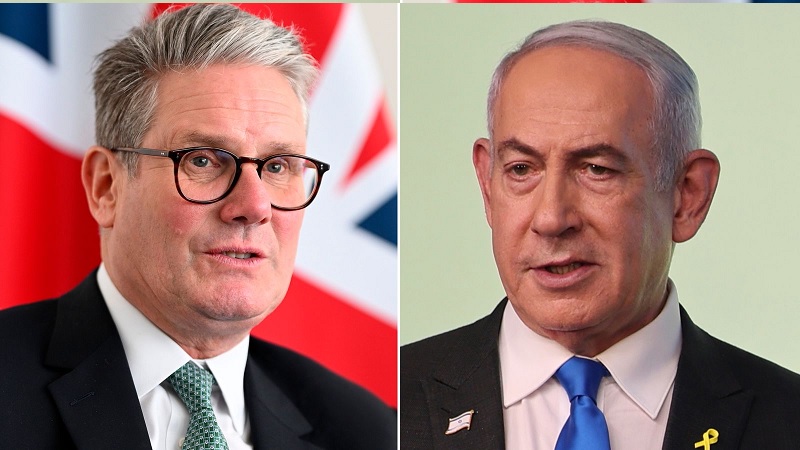ICC Warrants and Britain’s Response
The UK government faces potential legal and diplomatic challenges following the International Criminal Court’s (ICC) arrest warrant for Israeli Prime Minister Benjamin Netanyahu. No 10 Downing Street has confirmed that the UK will comply with its legal obligations, though it refrains from commenting on hypothetical cases or individual scenarios.
Why Was Netanyahu Issued a Warrant?
The ICC issued arrest warrants for Netanyahu and former Israeli Defense Minister Yoav Gallant. The charges include alleged war crimes in Gaza, such as starvation as a method of warfare and directing attacks against civilians. These accusations relate to the military response to Hamas’ attacks on October 7, 2023. Mohammed Deif, a Hamas leader, was also named in the warrants, though his status remains unconfirmed following reports of his death in an Israeli airstrike.

Netanyahu and Gallant have denied the charges, with Netanyahu dismissing the ICC’s actions as absurd and unjust. Israel and its main ally, the United States, are not ICC members, limiting the court’s jurisdiction over Israeli nationals.
The UK’s Position on Compliance
Under the International Criminal Court Act 2001, the UK must act on ICC requests. A judicial process would precede any potential arrest if Netanyahu entered the UK. The Secretary of State would transmit an ICC request to a judicial officer, who would decide on issuing an arrest warrant.
Despite legal obligations, no such situation has occurred in the UK before. A government spokesperson emphasized adherence to domestic and international laws while steering discussions toward de-escalating the Gaza conflict.
Political and Public Reactions
The warrants have ignited controversy, with critics accusing the ICC of moral equivalence between Israel, a democratic state, and Hamas, a designated terrorist organization. Shadow Foreign Secretary Dame Priti Patel called the warrants provocative and urged the government to challenge the ICC ruling.
Prime Minister Rishi Sunak’s spokesperson reiterated support for Israel’s right to self-defense under international law, underscoring the focus on achieving a ceasefire in Gaza to halt violence, release hostages, and increase humanitarian aid.
What Comes Next?
Netanyahu’s arrest in the UK remains a theoretical issue, given the limited applicability of ICC rulings to non-member states. However, the controversy highlights the ICC’s challenges in prosecuting high-profile leaders and the delicate balance between legal obligations and political alliances.
The UK’s stance reflects a commitment to international law while maintaining diplomatic relationships in a volatile geopolitical landscape. As the situation unfolds, the focus remains on resolving the Gaza conflict and ensuring accountability for actions on all sides.
Our Visitor






 Users Today : 9
Users Today : 9



